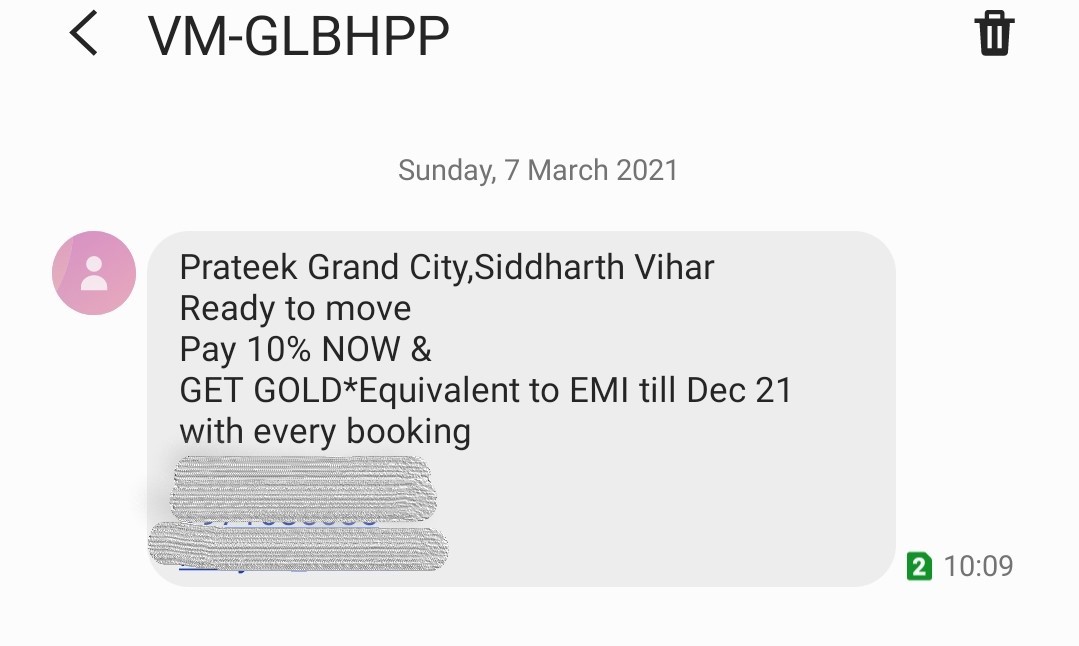Move aimed at stopping pesky SMSs hits banks and other service providers
TRAI (Telecom Regulatory Authority of India) is responsible for ensuring that all the telecom operators of India work according to the rules.
If a number is listed as a DND (Do Not Disturb) number and the person still gets a promotional SMS or call, they can complain directly to TRAI.
On average, about a billion bulk SMSes are sent every day.
Some of these are for transaction verification and notifications to customers. But most are for advertisements.
In 2018, TRAI created rules for companies that want to send bulk SMSs. These rules are called Telecom Commercial Communications Customer Preference Regulations, 2018.
According to these rules, the senders had to register themselves and provide details of the SMSs that they want to send. On February 3rd , the Delhi High Court had directed TRAI to ensure that all SMS senders stick to rules and don’t send promotional messages to customers who don’t want them. (Sending messages to someone who does not want them is called unsolicited communication).
Not just that, telecom operators like Vodafone, Airtel, etc., were also directed to ensure that TRAI’s regulations are followed and their network is not used for sending unsolicited promotional messages.
All senders had to verify themselves in the online system by March 7th. On March 8th, the new regulations came into force.
However, users realised that what is getting blocked is not pesky promotional SMSs, but Aadhar verification, OTP for banking transactions, and other important communication.
Why did this happen?
There are no simple answers. TRAI says that this was because these companies (banks, financial services companies, etc.) did not complete the registration on the online platform. They have to indicate what their SMS is going to contain, and why it is being sent.
Banks, on the other hand, have said that there was some difference in the format that was registered with the telecom operators and the one that was sent. Even though the content was ok, the messages were not delivered because they were not recognised as legitimate messages by the system.
On March 10th, TRAI suspended (suspended means to stop for some time) the implementation of these rules for 7 days.
All banks have been instructed to complete their registration within these 7 days.
Hopefully, after that, the actual advertisements will stop, and the transactional bulk messages will be delivered correctly.

